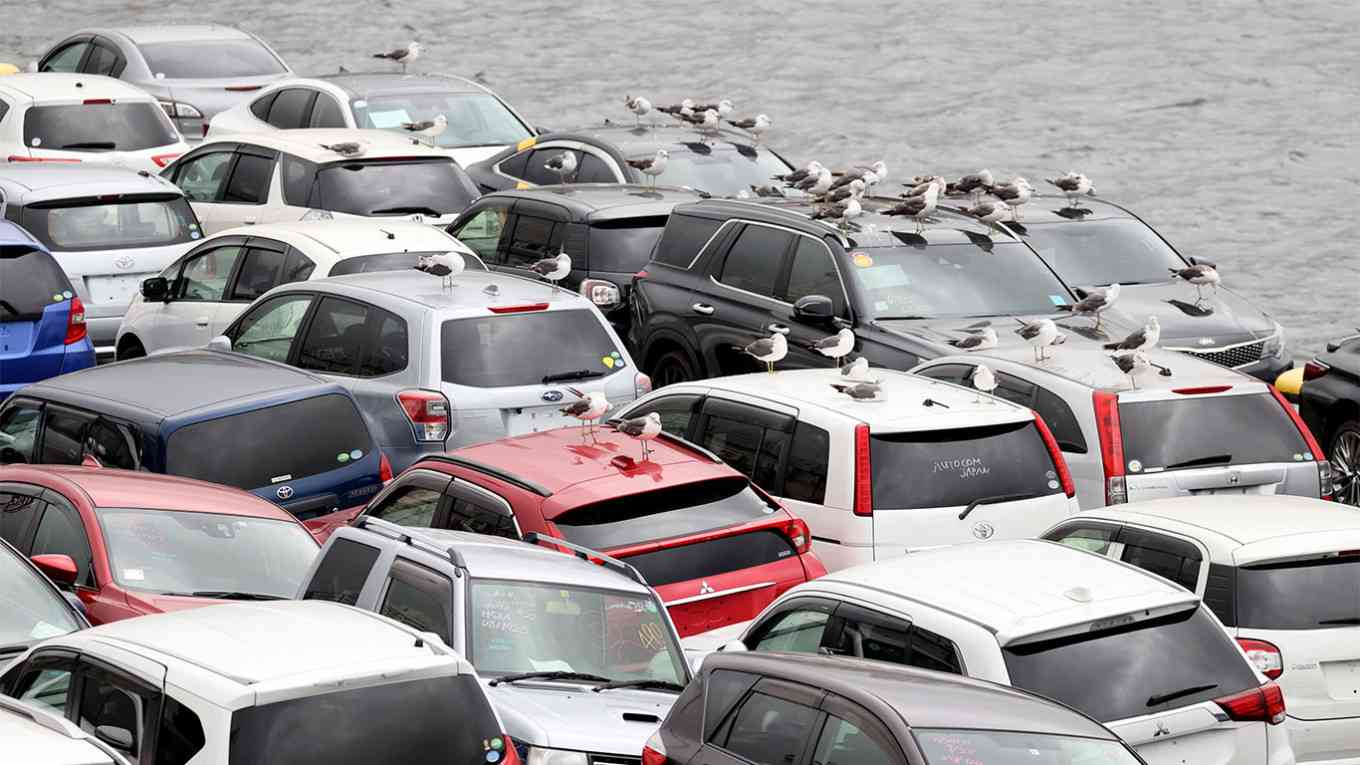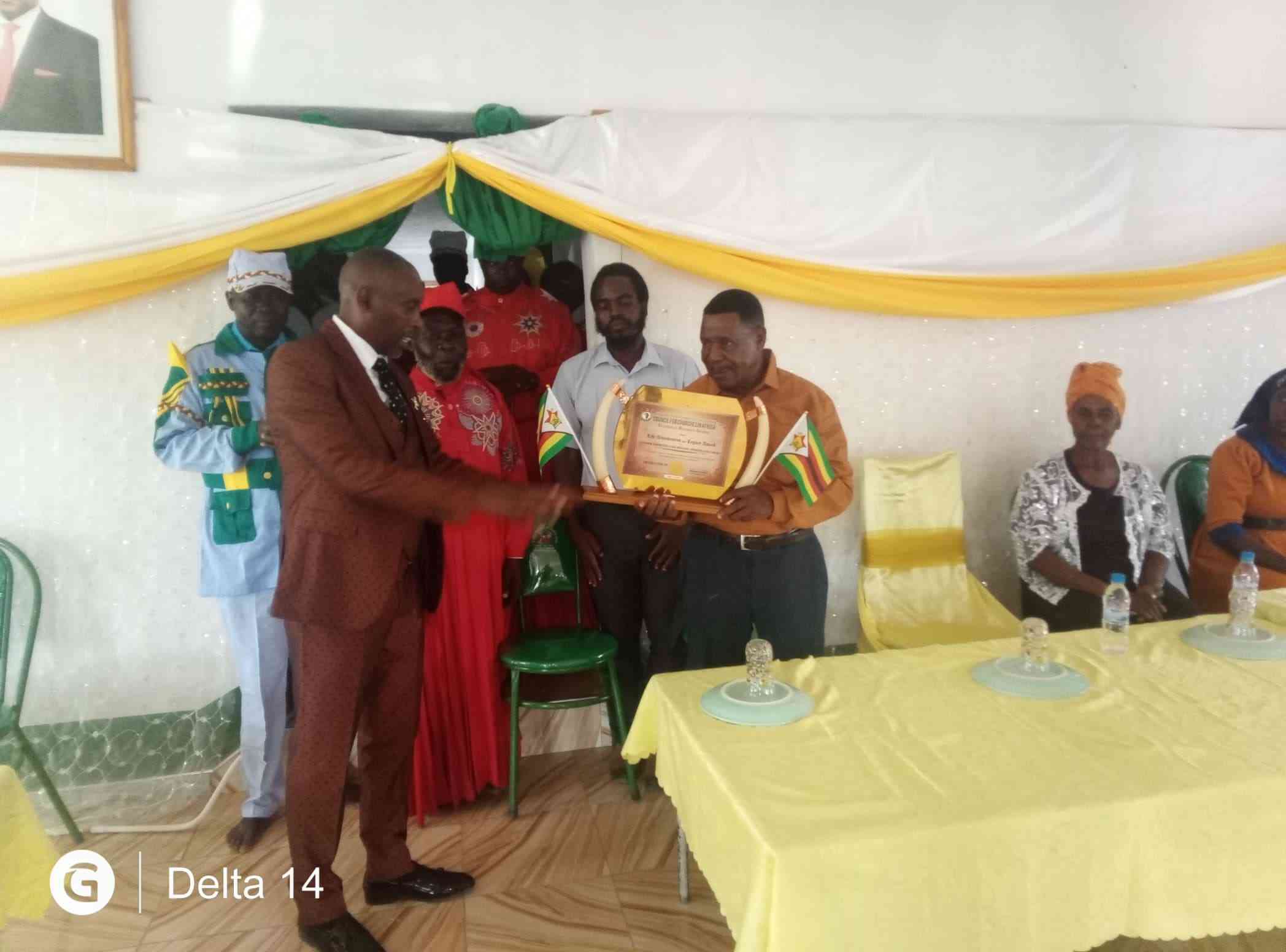
In order to enforce the motor vehicle safety requirements several governments in Europe, Asia, USA and Africa introduced the recall system to the manufacturers.
Japan introduced it in 1969, the USA in 1973, China in 2004 and South Africa in 2021.
Since then the recalls have been happening every year for many millions of cars across the world seeking to protect consumers and ensure that faulty cars could be fixed by the manufacturers at no additional costs to the customers.
In Japan there is no specific age limit for a car recall; recalls can occur regardless of the vehicle’s age if a safety issue is identified.
As a result of the recalls involving the used cars l therefore would like to shed some light about these measures because it may actually involve your own car.
A recall is announced on a car model when a latent defect is identified that can lead to a safety risk.
Usually this defect is found in a group of vehicles sharing the same flaw. Some of the risky defects that warrant a recall include;
-Faulty airbags,
- War over super car stuck in river
- 28K landmines cleared since March
- Chombo’s trial date moved
- Kaukonde in car supply storm
Keep Reading
-Faulty brakes,
-Faulty steering,
-Faulty electrical systems,
-Faulty seat belts,
-Faulty fuel system
-Faulty transmission among others
However, faults such as air conditioning, radio systems, paint quality and excessive oil consumption do not constitute a recall because they are not risky to human life.
So if you own a second hand imported car from Japan, you can check the factory recall page for the relevant Japanese manufacturer to obtain this data for cars originating from Japan.
Fortunately, this is quite simple to do by entering your Vehicle Identification Number (VIN) on the recall check page of each manufacturer below, and Google translating to English;
-Toyota Japan Import Car Factory Recall Check
-Nissan Japan Import Car Factory Recall Check
-Mitsubishi Japan Import Car Factory Recall Check
-Mazda Japan Import Car Factory Recall Check
-Honda Japan Import Car Factory Recall Check
-Subaru Japan Import Car Factory Recall Check
-Daihatsu Japan Import Car Factory Recall Check
-Suzuki Japan Import Car Factory Recall Check
Nissan made a recall involving the Serena, Ariya and Note models totaling 105 010 vehicles.
These vehicles were manufactured between December 2021 and February 2024 and the reason for the recall is that due to the automatic locking function then getting out of the vehicle does not comply with safety standards.
At the same time Honda also reported the recall of 97 543 ZR-V and Civic models manufactured from July 2021 to September 2024 due to a possible defect in a power steering component that may cause difficulty in steering operation.
Suzuki also announced a recall of 11,805 Burgman motorbikes manufactured between January 2014 to October 2022.
The reason for the recall is that the fuel pump may crack after continued use under certain conditions.
Toyota Motor Corporation recalled 1,6 million vehicles for defective air bags supplied by embattled Japanese manufacturer Takata Corporation.
The recall includes 22 models sold in Japan, including the Corolla and Vitz, manufactured from January 2004 through December 2005, as well as vehicles in Italy, Britain and Spain, although those numbers are not 100% clear.
The Takata inflators can explode with too much force, sending out shrapnel. At least eight people have so far been killed worldwide and hundreds got injured.
This problem has led to the recall of 19,2 million vehicles in the US and the government regulators are said to be investigating the matter.
Takata corporation was actually fined $70 million by the safety regulators for concealing evidence for years that its air bags are prone to explode.
Under a five-year pact, the US National Highway Traffic Safety Administration can increase the penalty to a record $200 million if the company fails to abide by the terms.
However, in the case of many motorists in Zimbabwe driving used cars imported from Japan, UK, Thailand and South Africa you will experience a problem to get the recall repairs done because there is no business relationship between the used vehicle exporters and the local new vehicle dealerships who have an umbilical connection with the manufacturers.
I know for a fact that if you imported a used vehicle from Japan and if your car model is included in the recall listing, you however, cannot access the compensation.
The reason that they cannot do the repairs is based on the jurisdiction after your car was exported from the country of first registration and it got de-registered and left Japan.
I, however, object to this logic because the fact that the car got exported out of Japan to you in Zimbabwe doesn’t mean that the vehicle identification number (VIN) number has changed.
Toyota or Mazda or Nissan companies from Japan are the same companies supplying brand new car models of similar brand locally through its distribution structures.
So it boggles my mind why your used car cannot access the repairs funding when it is the same vehicle.
I also know for a fact that Japan as a big car manufacturing country, through their local investors and their distributors they want to keep expanding their markets for exporting the used vehicles which they receive back from leasing and trade-in transactions that create the ecosystem of used car stocks.
I believe that these are some of the national issues that an association of the local used car dealers can handle with Japan Used Motor Vehicle Exporters Association (JUMVEA) to deliver value to its member’s customers.
In Australia when manufacturers are approached by consumers with imported vehicles listed on recall, they will assist by sourcing replacement parts from Japan and will arrange the replacement work through their dealer networks at no charge to the consumers. So this is what l equally expect to happen even here in Zimbabwe and the rest of Africa.
*Stanley Makombe has 25 years of experience in the motor industry, currently handling vehicle imports from Japan, Thailand, the UK, and South Africa into African countries. He is writing in his capacity and can be contacted on +254 743 900 590, on X @Stan_Carsales, email: stanley@stanleymakombe.com, www.stanleymakombe.com










